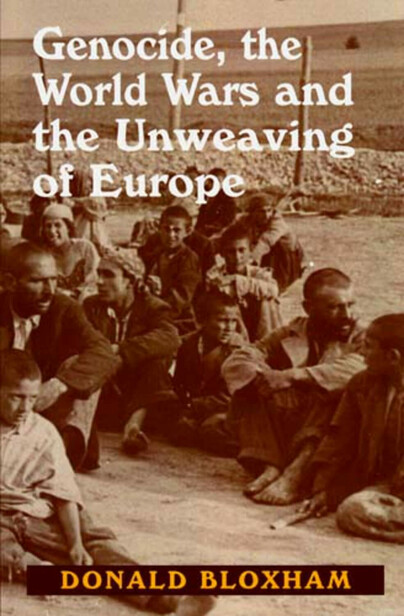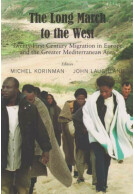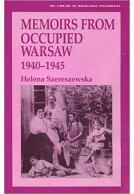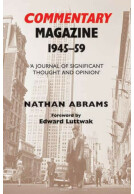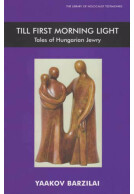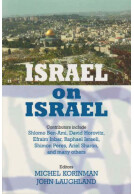Genocide, the World Wars and the Unweaving of Europe (Paperback)
Imprint: Vallentine Mitchell
Pages: 268
ISBN: 9780853037217
Published: 25th March 2008
Script Academic & Professional
Pages: 268
ISBN: 9780853037217
Published: 25th March 2008
Script Academic & Professional
Usually available in 6-8 weeks.
You'll be £19.95 closer to your next £10.00 credit when you purchase Genocide, the World Wars and the Unweaving of Europe. What's this?
+£4.99 UK Delivery or free UK delivery if order is over £40
(click here for international delivery rates)
Order within the next 6 hours, 23 minutes to get your order processed the next working day!
Need a currency converter? Check XE.com for live rates
(click here for international delivery rates)
Order within the next 6 hours, 23 minutes to get your order processed the next working day!
Need a currency converter? Check XE.com for live rates
The murder of at least one million Armenian Christians in 1915-16 and of some six million Jews from 1939-45 were the most extreme instances of mass murder in the First and Second World Wars respectively. This book examines the development and dynamics of both genocides. While bringing out the many differences in the origins, course, and nature of the crimes, the book argues that both need to be placed into the context of the wider violent agendas and demographic schemes of the perpetrator states. In the earlier case, it is important to consider the Ottoman violence against Assyrian Christians and Greek Orthodox subjects, and programs of forced assimilation of non-Turkish Muslim groups, including many Muslims victimized by other states. In the later case, it is impossible to understand the development of the 'final solution of the Jewish question' without paying attention to Nazi policy against Slavic groups, the 'disabled,' and Europe's Romany population. Both genocides, furthermore, need to be examined in the deeper contexts of the multi-causal violence resulting from the collapse of the eastern and southeastern European dynastic empires from the late nineteenth century, and from the establishment of new types of state in their aftermath. Finally, the book explains why these two major genocides occupy very different places in our contemporary memorial culture. It argues that the memory politics of the Armenian genocide illustrate the very tight limits to what we can expect in the way of meaningful international concern for ongoing genocides. Meanwhile, the instrumentalization of the memory of the Holocaust can actually inhibit self-criticism on the parts of the western states that increasingly foreground Holocaust memorial days and museums in their civic education.
Other titles in Vallentine Mitchell...







